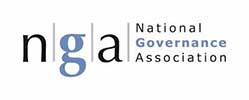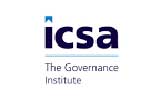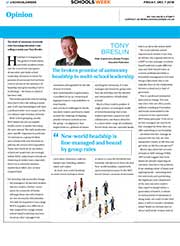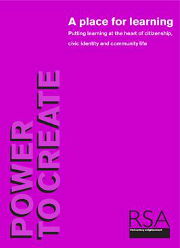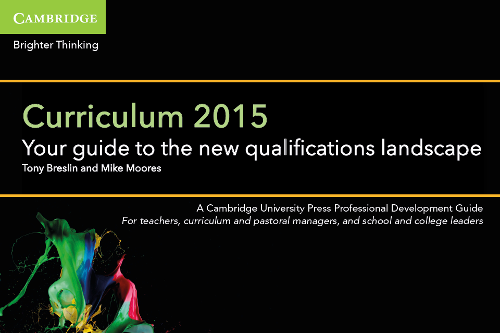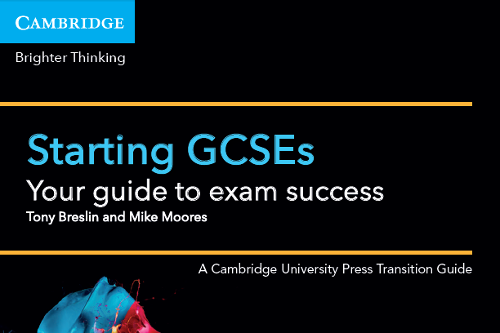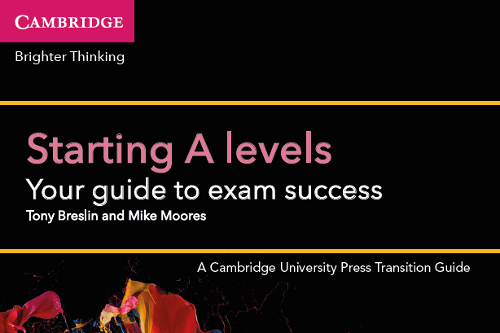












The UK Is home to 165,000 charities of all shapes and sizes
Financial Times, December 4, 2015

"One of the most common questions I get asked, especially by parents on the gate, is 'What do you do as a (school) governor?'"
Dan Hall
Bushey Primary Education Federation
Transform Governance is a joint venture between Breslin Social Impact and Permuto Consulting


Need consultancy support? We have access to a range of specialists across sectors, across functions, and across the UK and beyond. Contact us to explore possibilities.
Recast vocational and technical learning as professional education
Monday 11th March 2024
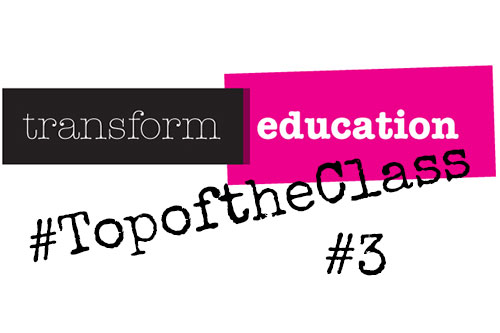
The challenge that a progressive government needs to address.
Too often, those who end up on ‘vocational’ courses, do so reluctantly as a result of a lack of success on ‘academic’ study programmes.
In some cases, programmes of so-called ‘work-related learning’ are designed specifically for those who have been excluded from, or marginalised within, mainstream education, typically because of ‘challenging’ behaviour.
As always, those concentrated in such provision are drawn largely from generationally disadvantaged families and communities, many with particular (diagnosed or undiagnosed) educational needs. In short, vocational and technical courses are those that too many learners end up on rather than aspire to.
As long as this remains the case, the academic-vocational divide will remain a chasm that is unbridgeable – and throwing the naughty child a car engine as a behavioural fix will ensure that all manner of vocational, technical or otherwise work-related learning never gains serious traction as a viable choice for academically successful and socially advantaged middle-class learners.
In such a scenario, the UK impedes itself in generating the cadre of top-end engineers that it needs to thrive in a globalised (and still globalising) mid-twenty-first century economy.
The proposed policy response
The policy response for a progressive government needs to be five-fold:
(1) that those struggling with the academic curriculum (and notably the core skills of literacy and numeracy) need to have those needs creatively and determinedly addressed (and not simply displaced by some other kind of notionally ‘work-related’ curricular content);
(2) that vocational, technical and work-related courses need to be designed for all and not simply for those struggling to address or who have been displaced from the mainstream curriculum;
(3) that the National Curriculum ought itself to be remodelled to ensure that all students experience vocational, technical and work-related learning, at least at Key Stage 4 and potentially earlier, as an ordinary part of their mainstream education;
(4) that the terms vocational, technical and work-related learning are replaced by the terminology of professional learning;
(5) that the language of professional learning (which ought to span law, medicine, the full range of STEM careers and those across the arts) is placed at the heart of a campaign to attract the middle classes and the educationally successful into areas of learning and work that, too often, are considered the preserve of their educationally less successful and/or socially disadvantaged peers.
Tweet Share on Facebook

